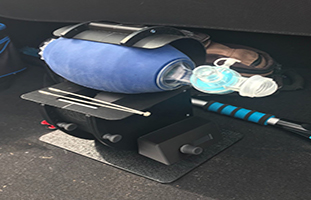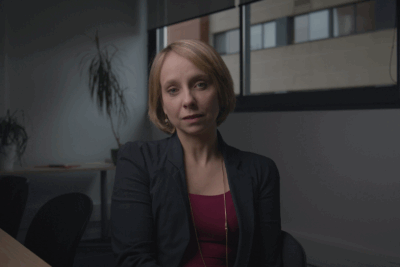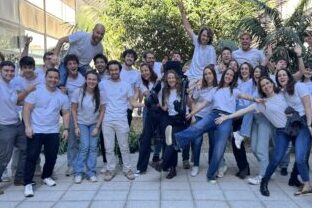3rd April 2020
What started with a Facebook group has led to a worldwide collaborative effort to develop a low-cost ventilator in response to supply shortages caused by the COVID-19 pandemic.
As the outbreak continues to grip Europe and the world, Colin Keogh, an EIT Health Mentor, along with his co-founder of Sapien Innovation, David Pollard, and Connall Laverty, the founder of cloud platform Wia, felt compelled to put their expertise to use.

“Coming from three different backgrounds, in terms of community building, engineering and electronics, we were confident that we were a good trio to do something,” says Pollard, when talking about how the project started.
“One of the things we said that we could potentially try and do was to design and develop a low-cost open-source emergency field ventilator that would be available for wide production or printing around the world for anyone who wants it.”
The Dublin-based trio are on their way to doing exactly that. In just a few weeks, the Open-Source Ventilator (Ireland) team has attracted the support of 3000-plus health professionals, engineers, developers and designers.
According to Keogh, world-leading companies and universities are among the many who have offered their support. He says: “We have talked with companies like Ford in Detroit, PCH International, Amazon and Tata while we also have had inbounds from others like Boeing. We have also had conversations with some of the biggest universities in the world.”

Alongside offers of engineering and developmental support, the trio emphasise the importance of working with specialists and health professionals who can offer their insights on the realities of the hospital frontline.
“You need to keep listening to the first-hand sources – the doctors and the nurses who are there. They’re the users that are going to have to implement it at the end of the day,” says Pollard.
Armed with experts, the project is progressing rapidly with the development of seven design concepts that have been worked on by groups from around the world. The nature of open-source means that all the files and concepts are accessible, with the shared goal of developing a safe, fully-functioning ventilator.
“The safety and performance of the product itself is very important, so what we want to do is test the basic functional concept to prove that it can actually match the requirements we want. And then as soon as we do that, we will release all the information we’ve had on the tests,” says Keogh, when talking about what stage the product is currently at.
Through this collaborative approach, the designers can review the tests and explore additional features and performance options using a regulated and documented process.
The hope is to have functioning concept prototypes within the week. If successful, these prototypes will go on to further stages of testing, all while working with the regulatory bodies to ensure this process happens safely.
And what’s the hope for a project like this? According to Keogh, it’s a project that you hoped you would never need.
“In an ideal scenario you would never need it at all, ever, anywhere, but, if things change, you could need them in an awful lot of countries around the world.”
Despite the current challenges posed, the collaborative nature of this project, and others like it, demonstrate how health innovators can offer their support on a global scale to tackle the crisis.
EIT Health and the EDIT-B consortium transform bipolar disorder diagnosis with groundbreaking blood test

Discover this life-changing project today.
Three EIT Health innovators nominated for EIT Awards

Meet our three EIT Award nominees.
Hospital Clínic study reinforces patient participation as key to digital health innovation

New work published in Journal of Medical Internet Research.